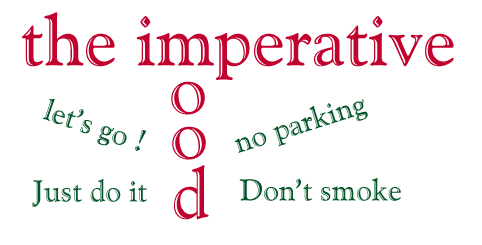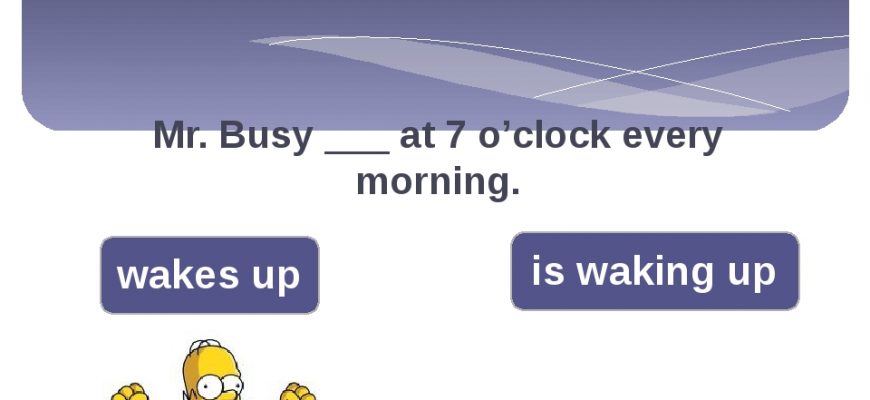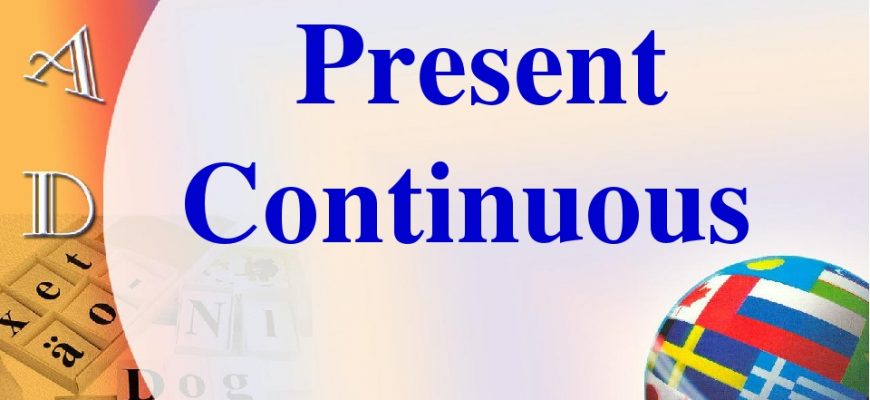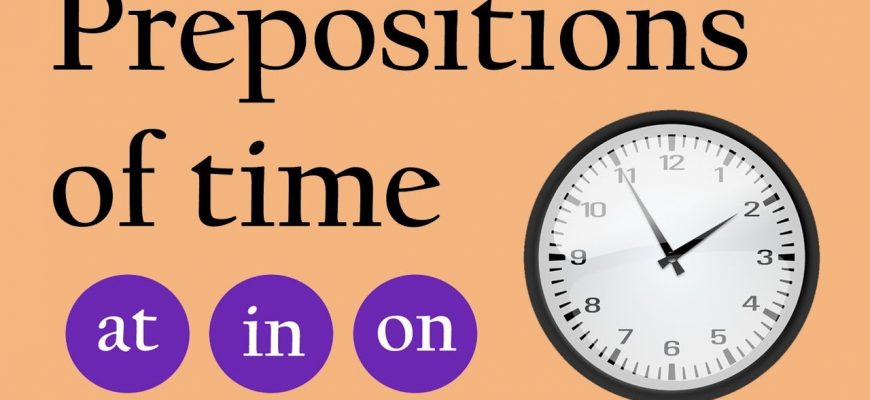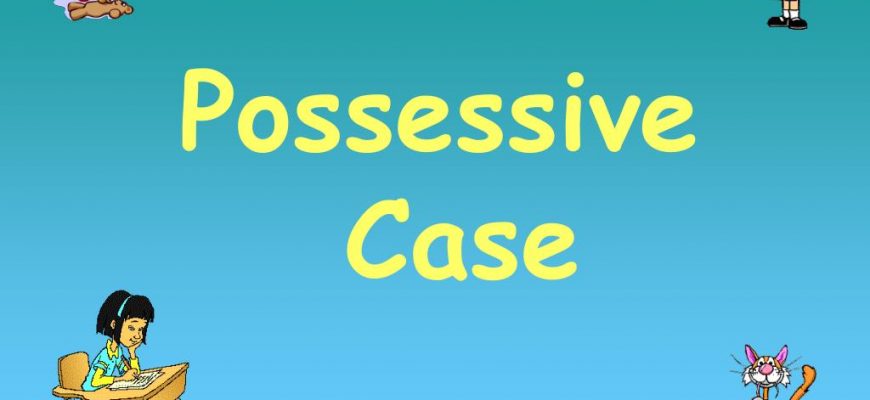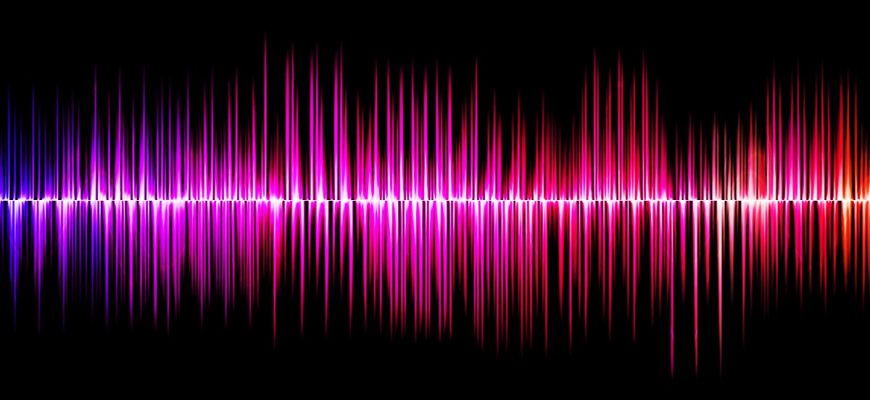Grammar
The simple past tense of the verb to be: This page will present the simple past tense of the verb to be: its form and its use. The affirmative form
Form of the imperative The imperative form is the same as the bare infinitive. It has only one form for both second person singular and plural
What’s the difference?Present Simple and Present Continuous Present Simple Present Continuous Things which are always true:–
The Present Continuous / Progressive John is in his car. He is in his way to work. He is driving to workThis means he
Can, can’t – form Infinitive without to We use can + infinitive without to. I can swim. (NOT I can to swim.) We can’t come.
Prepositions of place Preposition of place Explanation Example in – inside I watch TV in the living-room. I live in New York. Look at the picture in the book.
Prepositions of time Preposition of time Explanations Example on – days– weekend (American English) Many shops don’t open on Sundays.
Possessive Nouns A possessive noun is a noun indicating ownership (or possession) by ending ‘s or just an apostrophe. Examples of Possessive
Object pronouns vs subject pronouns Subject pronouns Subject –before the verb Subject pronouns are the subject of a verb. They go before the verb.
What are adverbs of frequency? We use adverbs of frequency to say how often we do something. Adverbs of frequency are often used with the present simple because

